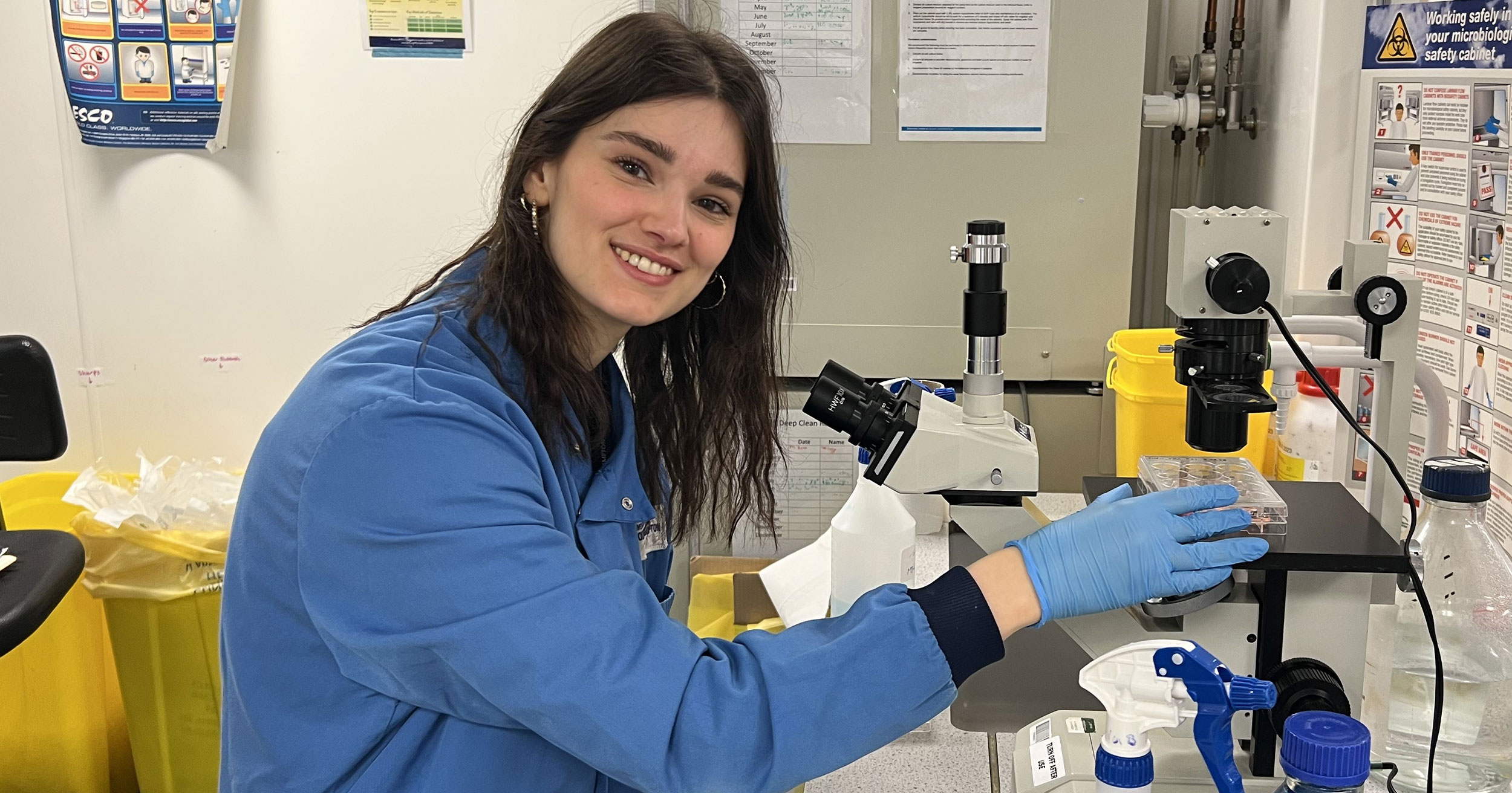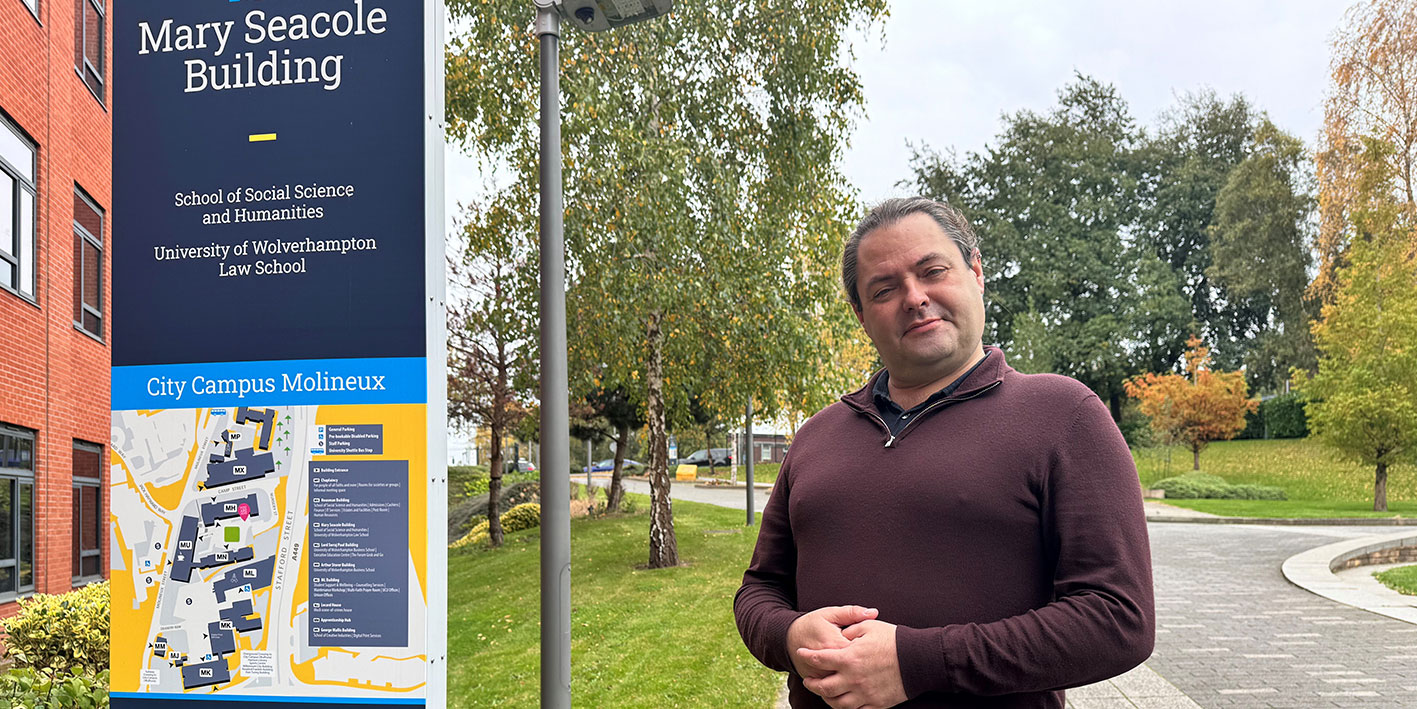
Women in leadership boosted thanks to effective research study

Researchers at the University of Wolverhampton have conducted impact-led, innovative governance and leadership research for over a decade which has led to an increase in the gender diversity in leadership positions in the UK and internationally.
The research programme is focussed on addressing the widespread concern about gender imbalances in leadership positions and its success is the result of its multidisciplinary, multi- actor and multi-sector approach in close collaboration with company leaders and directors’ associations regionally and internationally.
Analysing board diversity and developing several approaches to change, the team conducted research on corporate governance and board effectiveness, investigating different dimensions of women on boards in UK and international companies.
Their research included novel approaches such as an analysis on how board gender diversity interacts with deeper-level diversity, specifically personality trait diversity to affect different types of conflict within boards. Alongside this, the researchers investigated how coaching, and mentoring can be made more effective to support women in leadership.
The research has led to a number of key findings including:
- A novel overarching feminist ethics perspective was developed, which has reconceptualised corporate governance and enabled new approaches to the roles and behaviours of those who direct organisations;
- Evidenced data on institutional contexts requiring both different and differentiated policy approaches to promoting board gender diversity, for example, quota regimes in laissez-faire economies are less likely to be acceptable or accepted than elsewhere;
- Gender diversity is linked to board behavioural changes, specifically positive team interactions leading to improved board effectiveness;
- Mentoring positively impacts current and future leadership roles, in terms of how the role is carried out, its efficacy and general accessibility within the organisation and beyond. Furthermore, mentoring is an effective intervention to support continuing personal and professional development towards leadership progression, especially for women.
Leading the way in raising awareness, the team were able to influence professional bodies to develop advanced training materials, best practice guidelines, and promote change of organisational practice leading to the promotion of more women onto boards in Southeast Europe.
The team also produced a handbook, designed training materials for companies and social partners, and co-designed a voluntary Code of Conduct that identified a series of principles to enhance gender diversity on boards.
Research findings have led to a real change in leadership and diversity practices in organisations and impacted frameworks that have historically been neglected. A variety of leading UK and international organisations have since changed practices leading to increased gender balance within boards of directors and in leadership positions, including:
- Staffordshire Police and West Midlands Counter Terrorism Unit have since created more supportive and developmentally inclusive working environments and have seen improvements in retention and progression rates. The research from these interventions was shared with the Home Office and the College of Policing (2016), which led to an introduction to share best practice insights towards shaping a nationwide women-only mentoring programme.
- National law firm Irwin Mitchell has launched an inclusive development programme with the University of Wolverhampton to enable employees to progress into leadership roles.
- The BHSF (originally established as the Birmingham Hospital Saturday Fund) now has a senior manager leading diversity in the organisation and has an active Women’s Development Group that has pledged that 33% of senior management will be female by 2023 and mentoring and coaching will be implemented to progress women’s careers.
- Together with the employer associations of Slovenia (ZDS), Bulgaria, Croatia and Macedonia, we reached over 60,000 people in companies and social partners, who engaged in training and development, and committed to making change.
- We worked with the West Midlands Leadership Commission, set up by the Mayor Andy Street, to tackle the lack of women on boards in the West Midlands.
Following the success of the project, the University recently partnered with Midlands Engine to continue its research into women in business leadership across the region, working to break down barriers to gender equality, diversity and inclusion.
The research provides a series of contextually grounded recommendations for ‘what works’ at an individual, organisational, and regional level to help promote women into leadership.
To find out more about the team’s research click here.
To find out more about the research with Midlands Engine click here.
For more information please contact the Corporate Communications Team.


/prod01/wlvacuk/media/departments/digital-content-and-communications/images-2024/Diane-Spencer-(Teaser-image).jpg)
/prod01/wlvacuk/media/departments/digital-content-and-communications/images-18-19/220325-Engineers_teach_thumbail.jpg)
/prod01/wlvacuk/media/departments/digital-content-and-communications/images-2024/240509-Menopause-Research-Resized.jpg)
/prod01/wlvacuk/media/departments/digital-content-and-communications/images/Maria-Serria-(teaser-image).jpg)
/prod01/wlvacuk/media/departments/digital-content-and-communications/images-2024/241014-Cyber4ME-Project-Resized.jpg)
/prod01/wlvacuk/media/departments/digital-content-and-communications/images-2024/240315-Research-Resized.jpg)
/prod01/wlvacuk/media/departments/digital-content-and-communications/images-2024/BDA-group-photo.jpg)

.jpg)